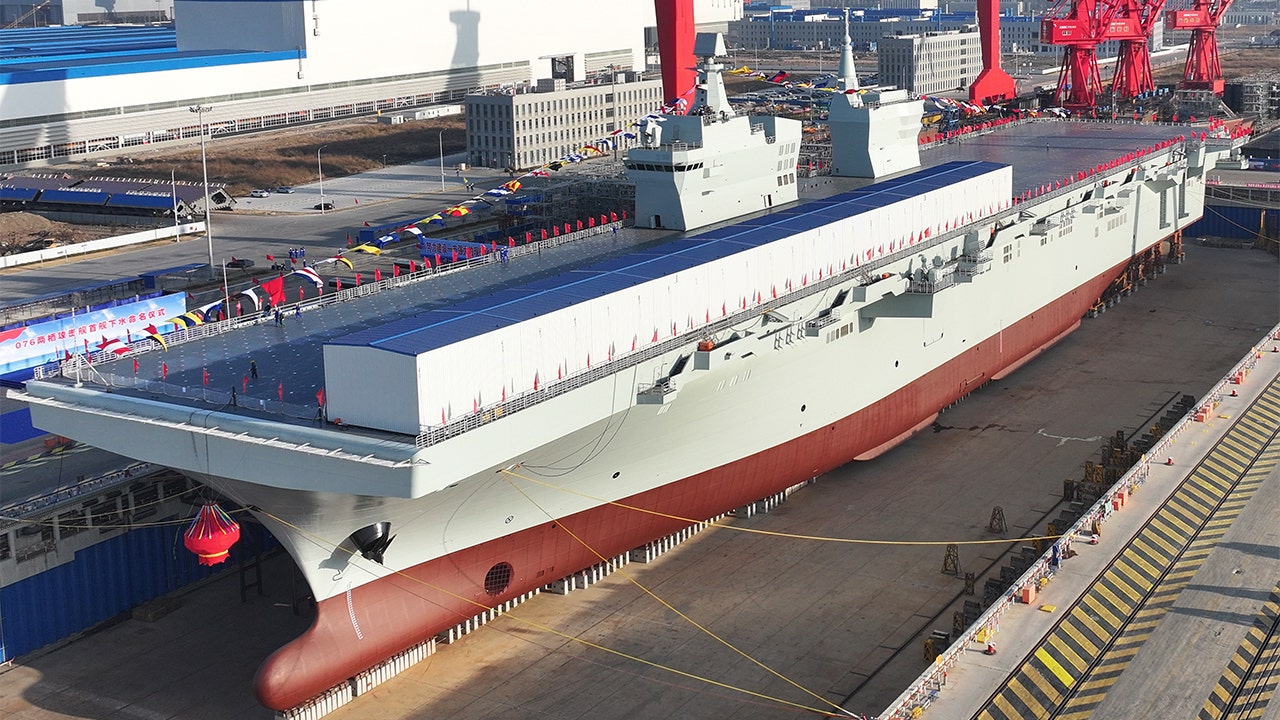Bussiness
In business or on the battlefield, leadership means setting an example and having the courage to do the right thing or to speak up

We often think of leadership as a sublime experience akin to leading soldiers up the proverbial hill in battle but in all actuality it’s the consistent application of the small things. I’ve served with and met some of the most courageous people in the world who actually charged up hills with bullets whizzing by, but they will tell you it does not take a grandiose gesture like that to be a good leader.
The number one way to start building trust with others is to lead by example. When we lead by example, this creates alignment between our words and our actions and it demonstrates to others exactly what our expectations are.
Incoming!
On June 8, 2005, I was operating with our platoon out of a small forward operating base (FOB) near the Pakistani border with Afghanistan at place called FOB Shkin. On this particular morning, we were getting resupplied with some ammunition by a Chinook helicopter.
As soon as we heard the distant “thump-thump” of the Chinook’s double rotor blades cresting the mountains, I hopped in the front passenger seat of a Humvee and Luke hopped in the driver’s seat. As we were about to pull away to drive to the landing zone, my soldier, Emmanuel Hernandez, hopped in the back. He wasn’t supposed to be there, so I turned around and was about to yell at him. But I thought for a second about how I valued this kind of work ethic. He was volunteering to come lift some heavy boxes and help the team out. Awesome! So I didn’t say anything.
As I was turning back around, out of the corner of my eye, I noticed he didn’t have his helmet on. I literally opened my mouth and was about to yell at him, but then I realized that I didn’t have mine on either. It’s kind of hard for me to say something to someone else if I myself am not doing the right thing. So I said nothing.
As the helicopter landed, a group of 10 of us had to step to the side of the aircraft so they could get the machine gun off the back ramp, and we could start unloading it. I turned my back to the group so I could guide my buddy Luke in the Humvee to get him a little closer to the back of the helicopter. The next thing I knew, boom! and everything went dark. It was as if I was hit on the back of the head and just crumbled to the ground. As I was lying there, disoriented and unable to hear, my first thought was maybe someone was playing a joke—just soldiers horsing. But then I opened my eyes and saw there were bodies and blood all over the ground.
My hearing slowly came back, and there was a moment of eerie silence that felt like it lasted two seconds and two hours at the same time. But that silence was pierced by a whistling sound I was all too familiar with, an incoming rocket. I quickly got up and dove underneath the Humvee for cover as rockets started to impact all around. I quickly realized it was a rocket that had landed next to us that had knocked me down. As the barrage finally ended, I crawled out from under the Humvee and started making my way back to the soldiers who were still on the ground, unsure of what I was going to find.
As I was doing that, a Marine yelled from behind me that I had been hit. I hadn’t felt any pain at that point, but I turned my head and saw that the back of my uniform was shredded, with patches of blood soaking through.
As my buddy Luke bandaged me up, I saw Sergeant Michael Kelly, a supply sergeant from Scituate, Massachusetts, who was recently attached to our unit, lying on an elevated stretcher and the local Afghan doctor—a real short guy—standing on a red milk create performing CPR.
I did a quick lap around the clinic to see who else was hurt. It couldn’t have been more than 45 seconds when I came back around and saw they had lowered Michael to the ground and were zipping him up into a body bag.
I eventually found my way to a small room in the back of the clinic and that’s where I found my soldier, Emmanuel Hernande. His head was bandaged, and he was unconscious—but I could see his chest rise and fall so I knew he was breathing.
Medevac helicopters arrived and brought us to surgical teams spread throughout the country. They removed several pieces of shrapnel from my back but left a few souvenirs in there that were too deep to get out. They stitched and patched me up and I was sent out to the landing zone to get on another helicopter to Bagram Airfield for more advanced medical care. As I was waiting there, my commander, Major Howard, approached me and asked how I was doing. I told him I was going to be okay, and I asked him about Emmanuel. He told me that he was going to be okay, and I felt so relieved.
He turned to walk away but didn’t get more than four or five steps when he turned around, and with tears coming down his cheeks, he said, “I am sorry. I lied. Hernandez didn’t make it.” My knees got weak, and I hit the ground as Major Howard embraced me. Emmanuel died because shrapnel from the explosion hit him in the head. He died because I wasn’t leading by example. Because I didn’t have the courage to do the right thing or to speak up.
Setting the example
I broke the trust with my soldiers on June 8, 2005, by not leading by example. We had an understood trust in each other to have each other’s back, whether that meant trusting the person responsible for being awake in the middle of the night on guard duty or trusting that we speak up when we noticed someone was not doing the right thing, like wearing their helmet. For a long time after that incident, I went down a dark path and beat myself up pretty badly. I obviously cannot change the past, but I have learned that I can take that story and influence the future.
If you’re not actively deployed in the military somewhere around the world, I can say, with a strong amount of certainty, that you probably will not get rockets shot at you. Obviously, not every decision will have life-or-death consequences, and thank goodness for that! But the idea of you being able to inspire and influence those around you through the consistent application of good leadership behaviors cannot be overstated.
Reprinted by permission of Patrick Nelson, author of Front-Line Leadership Copyright © 2024 by John Wiley & Sons. All rights reserved.









